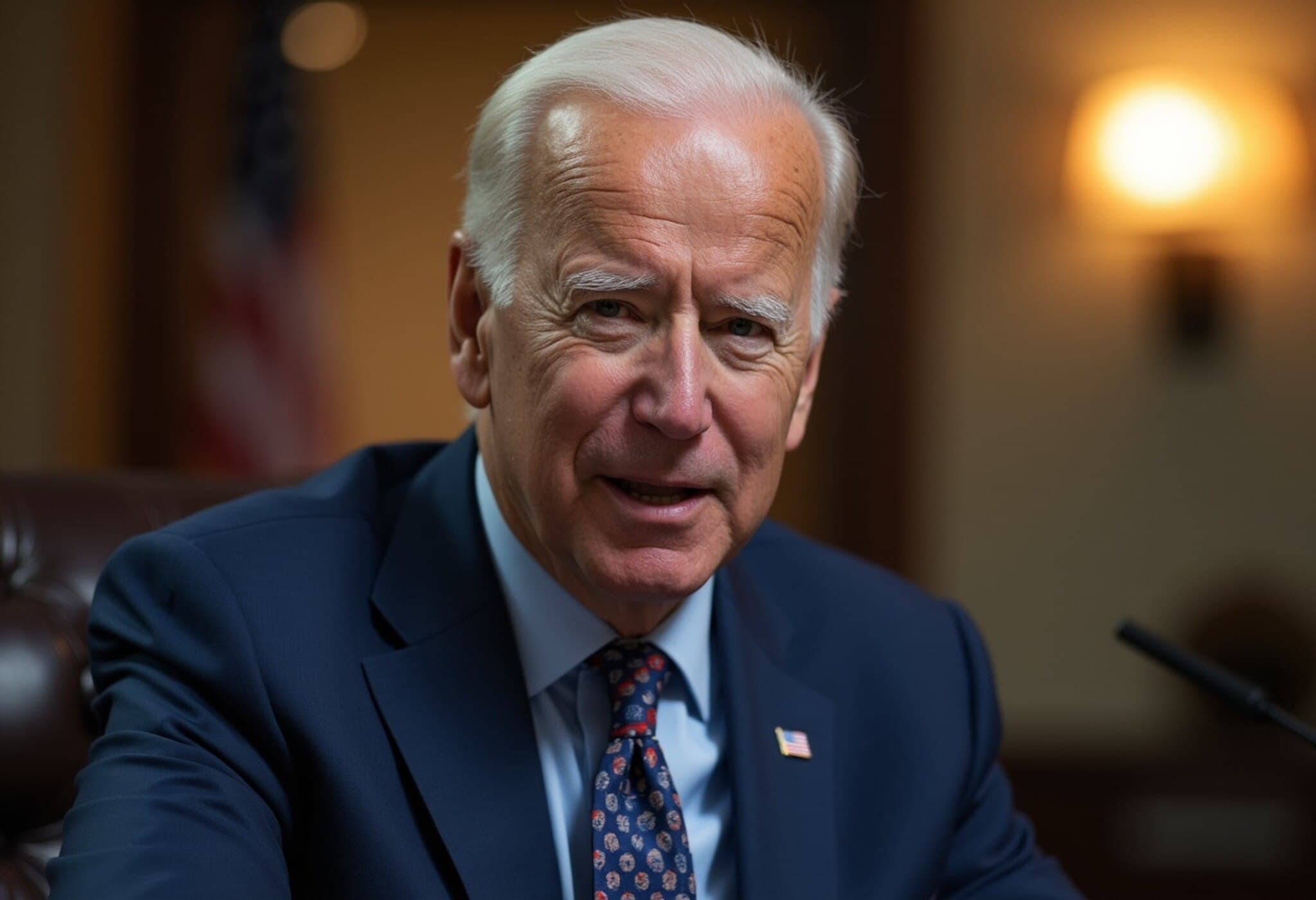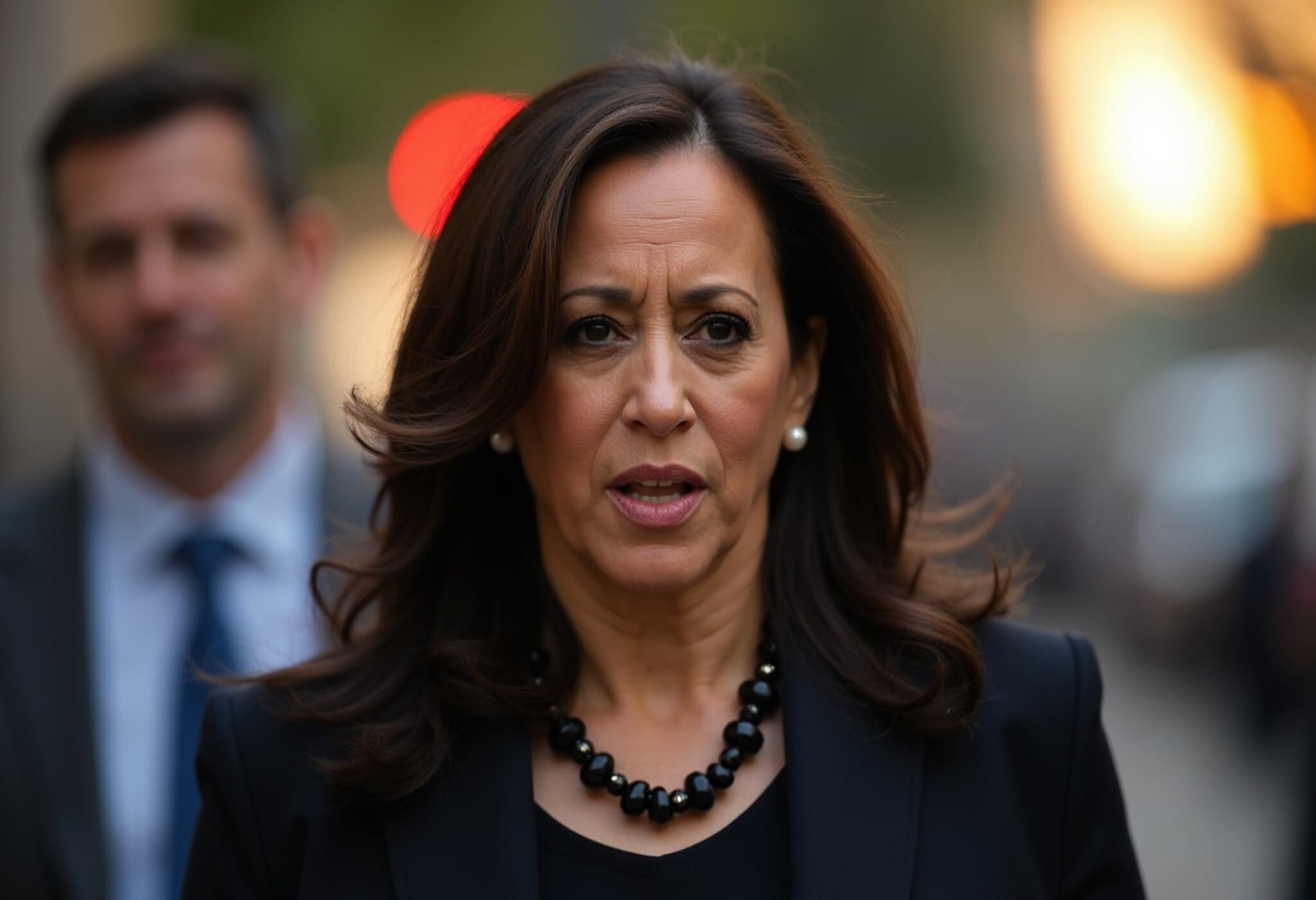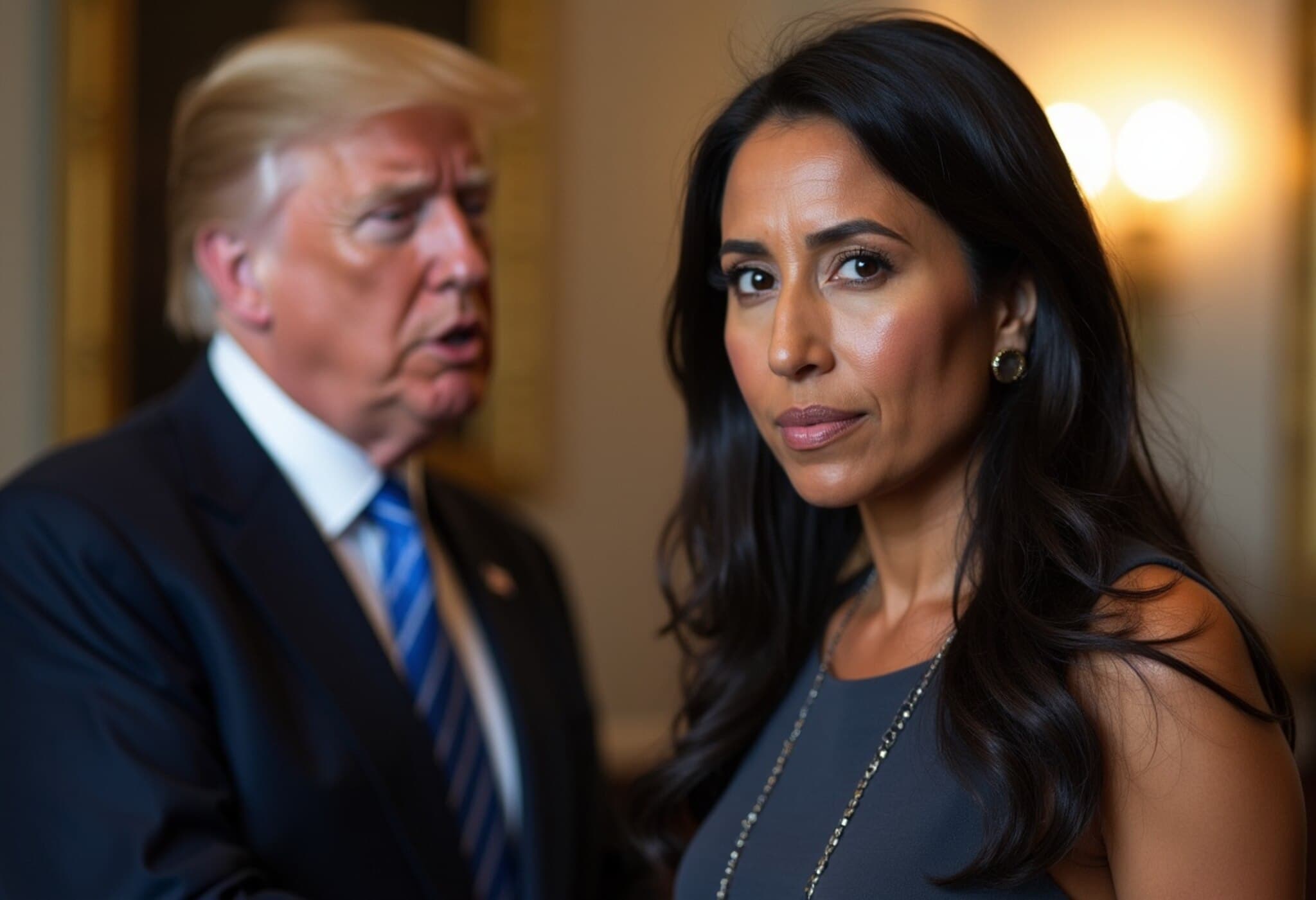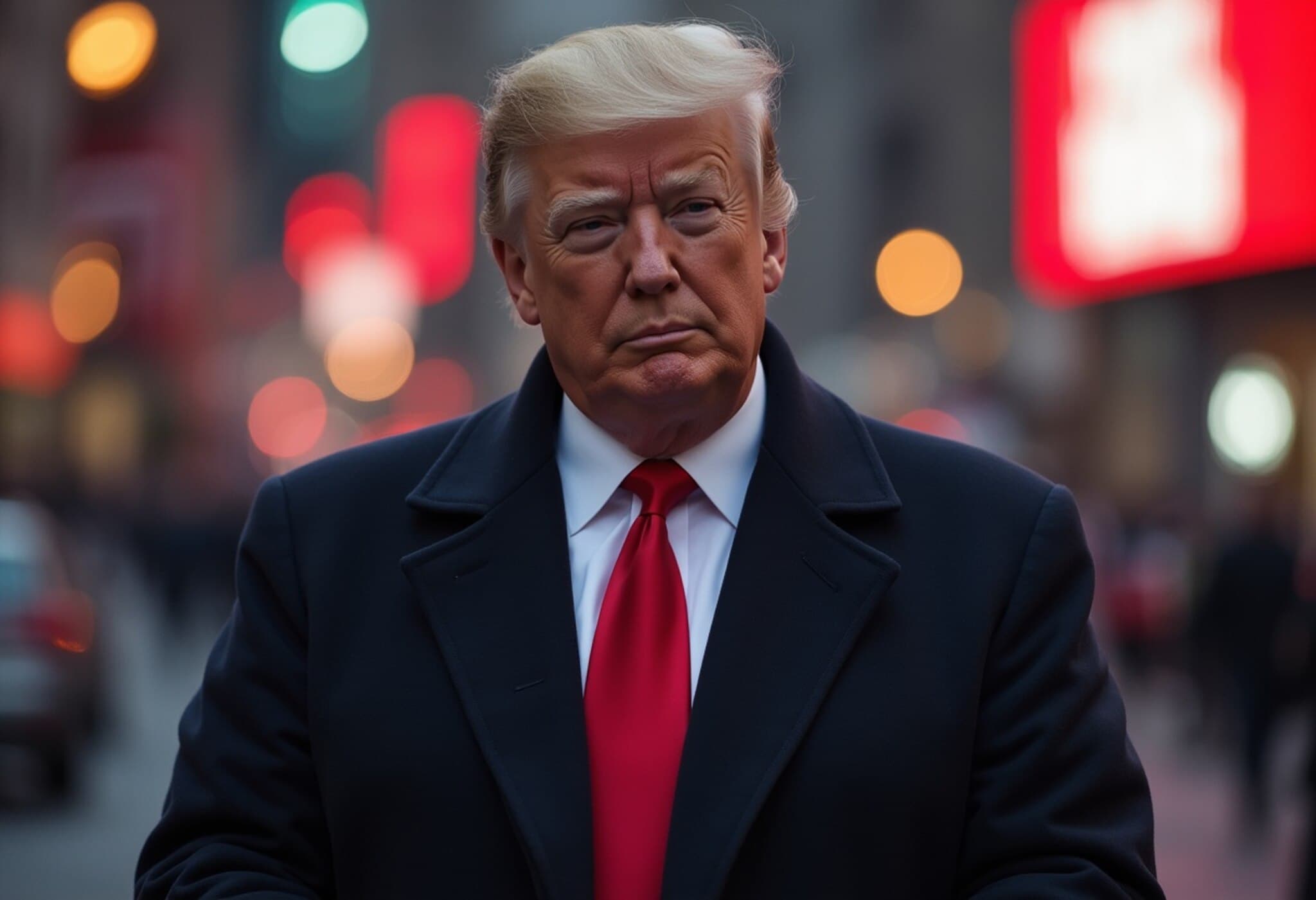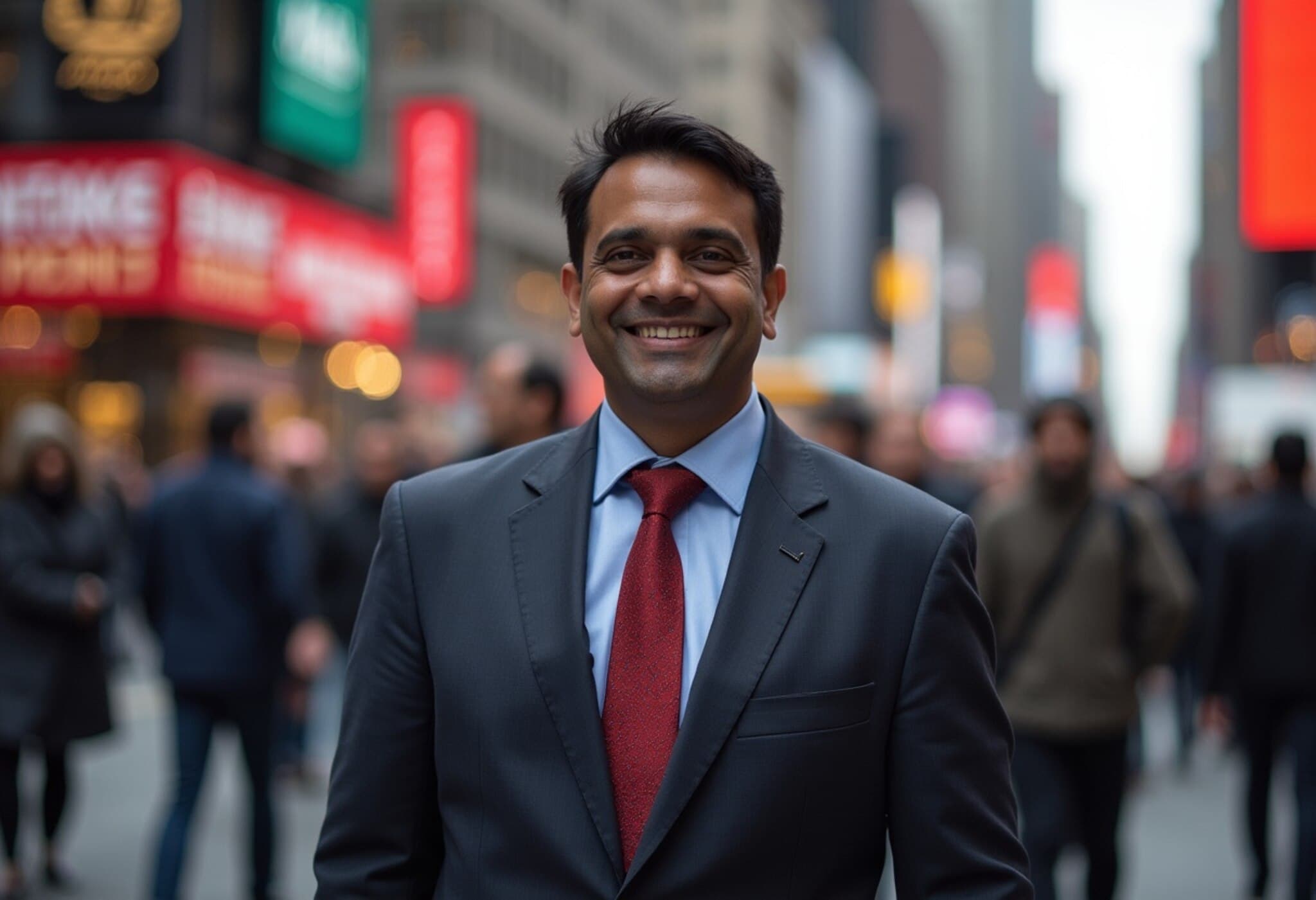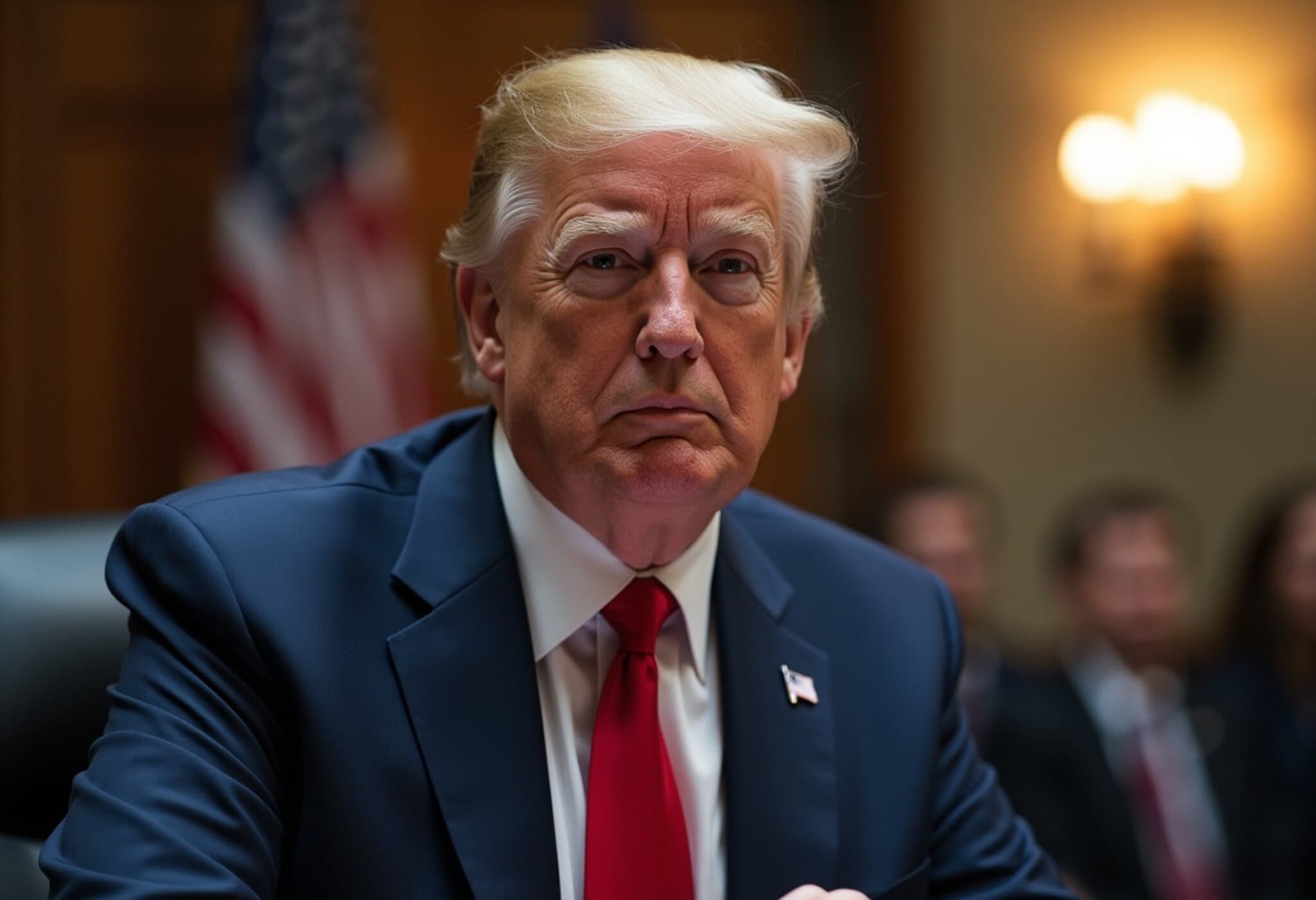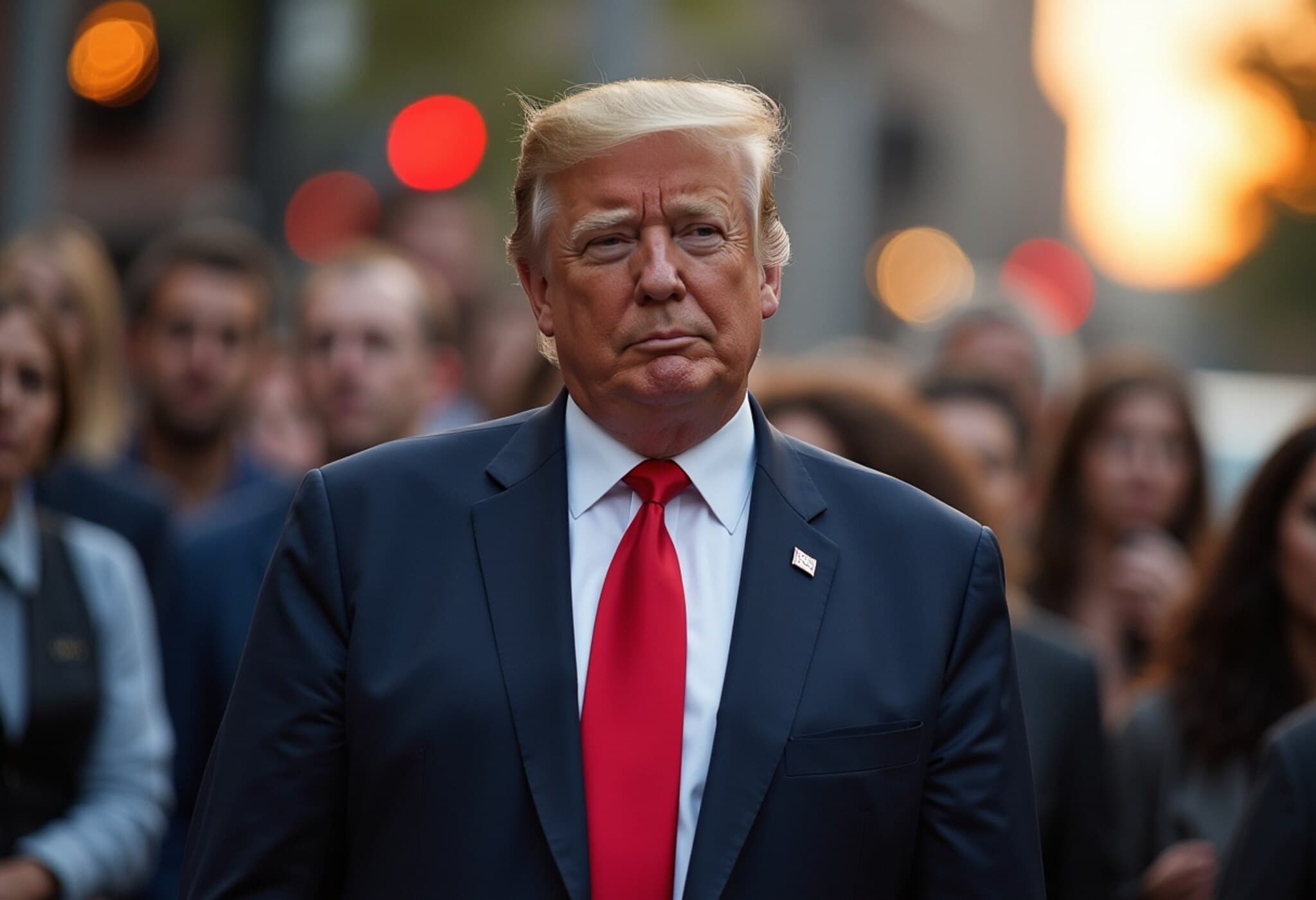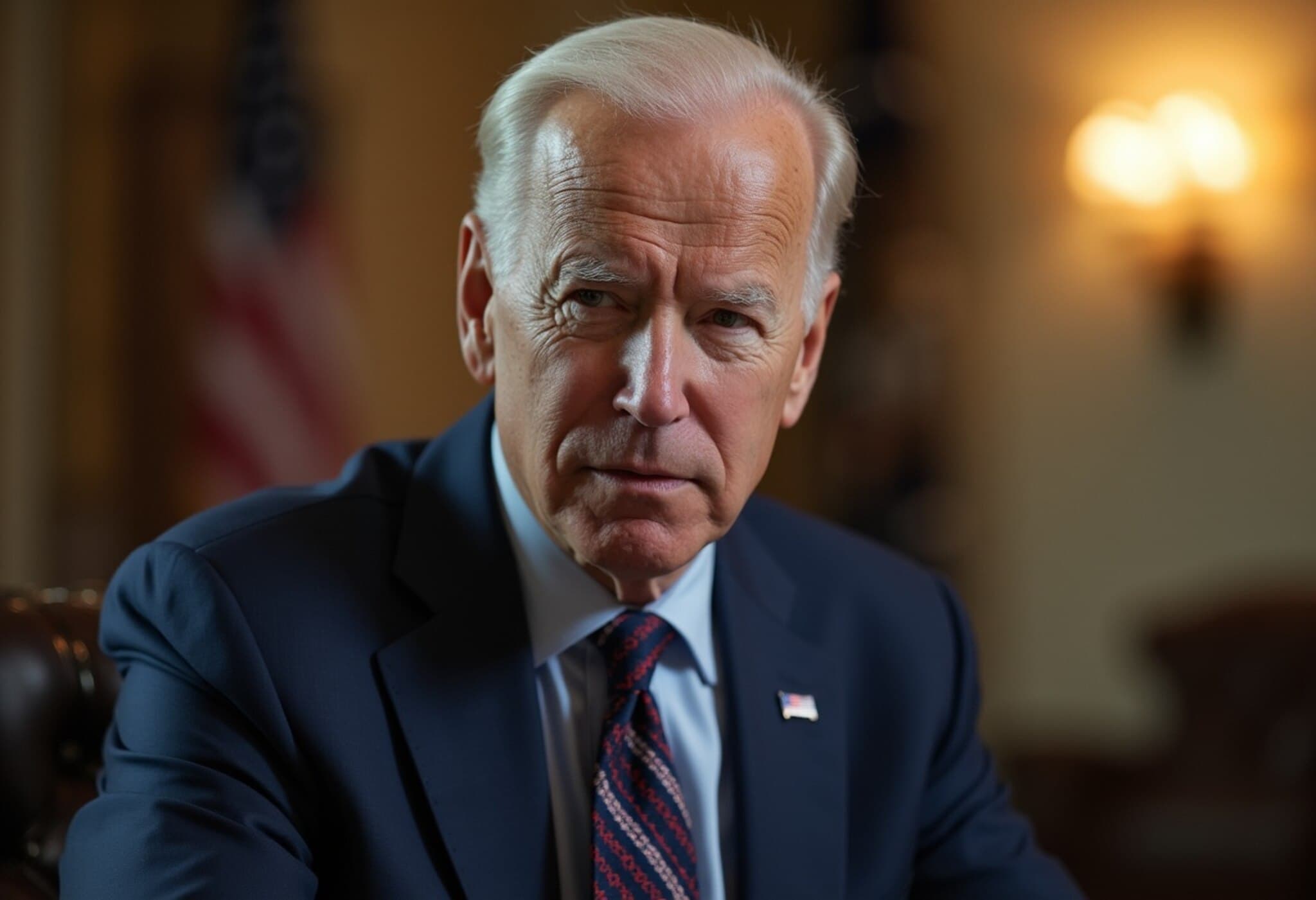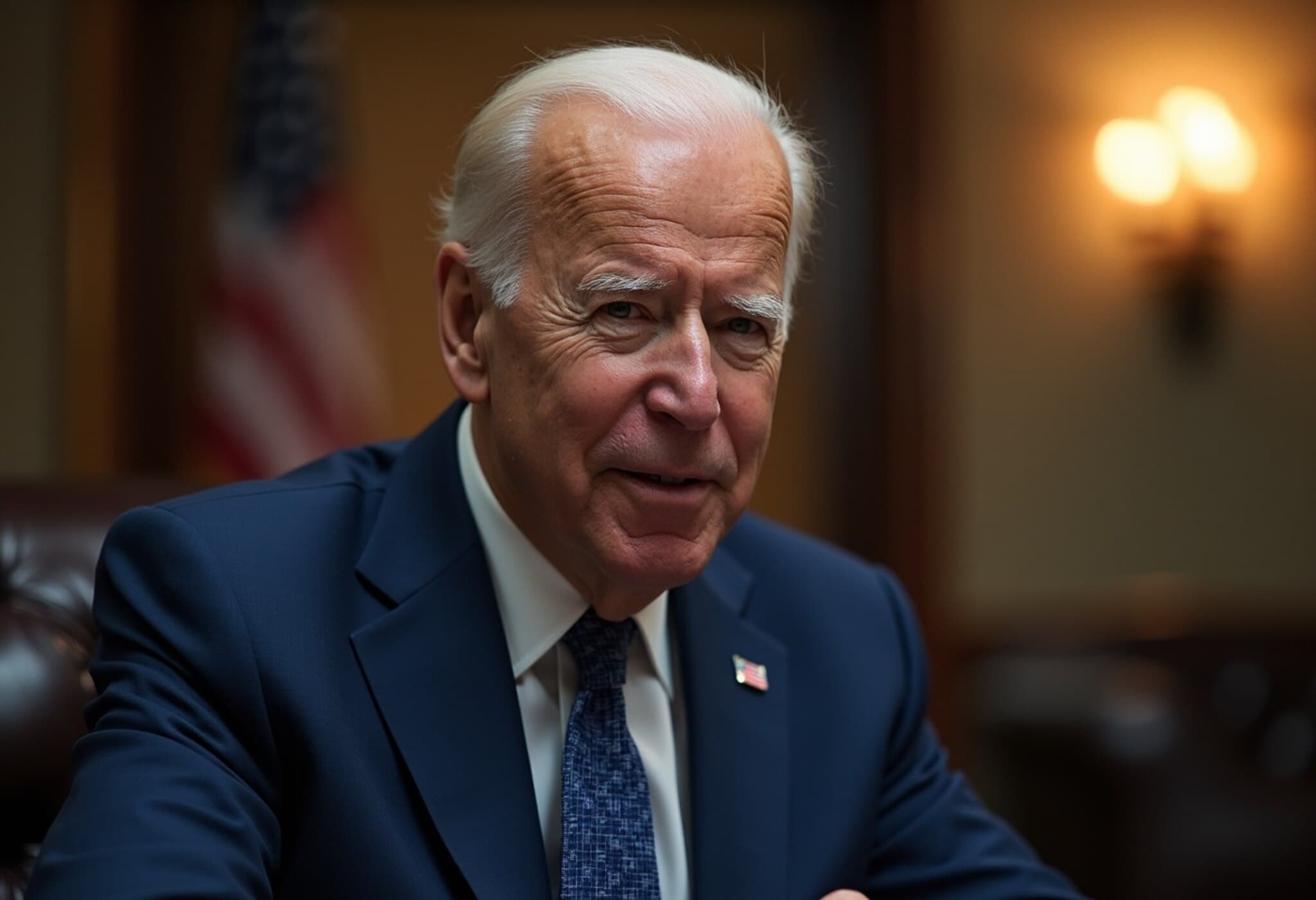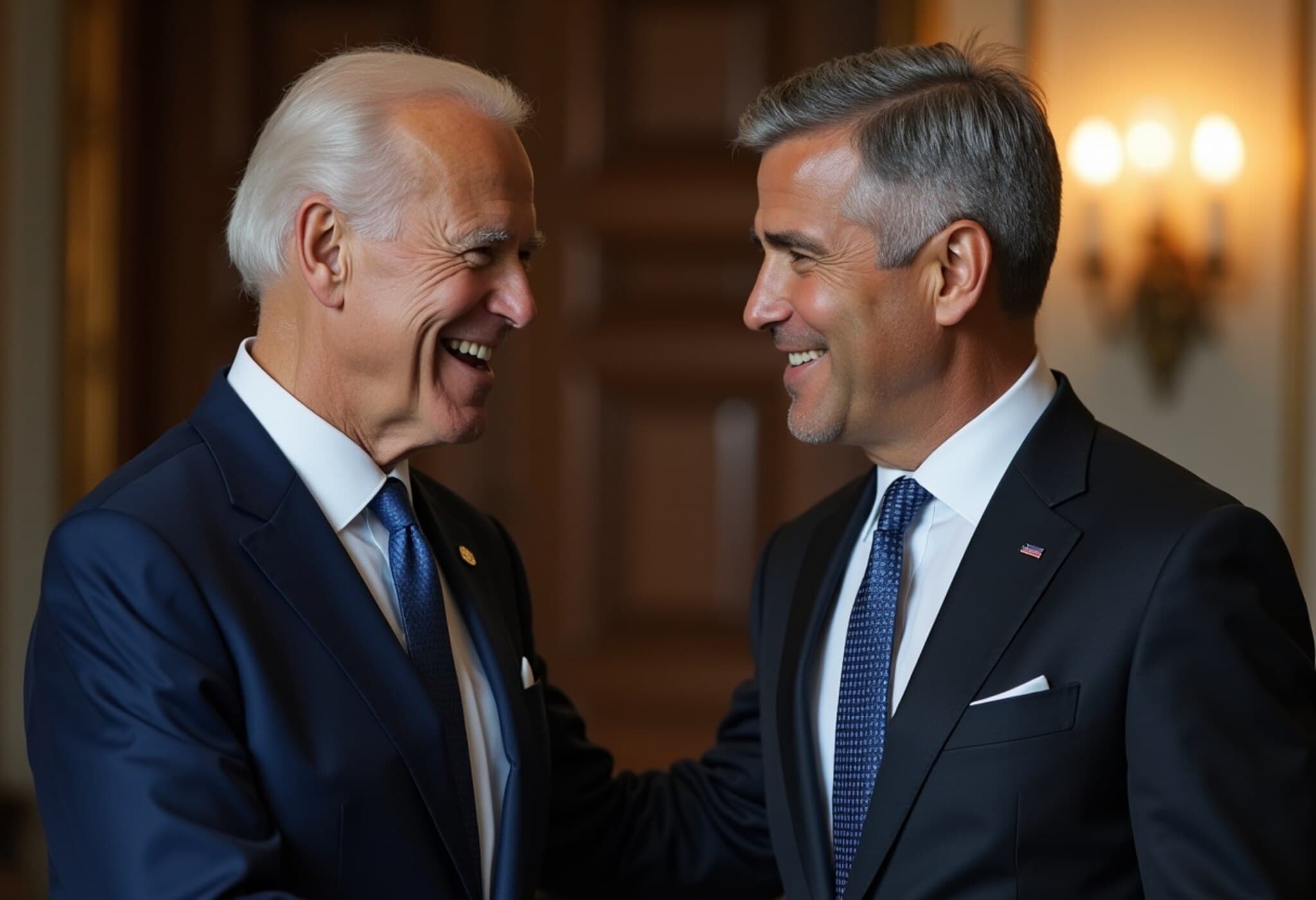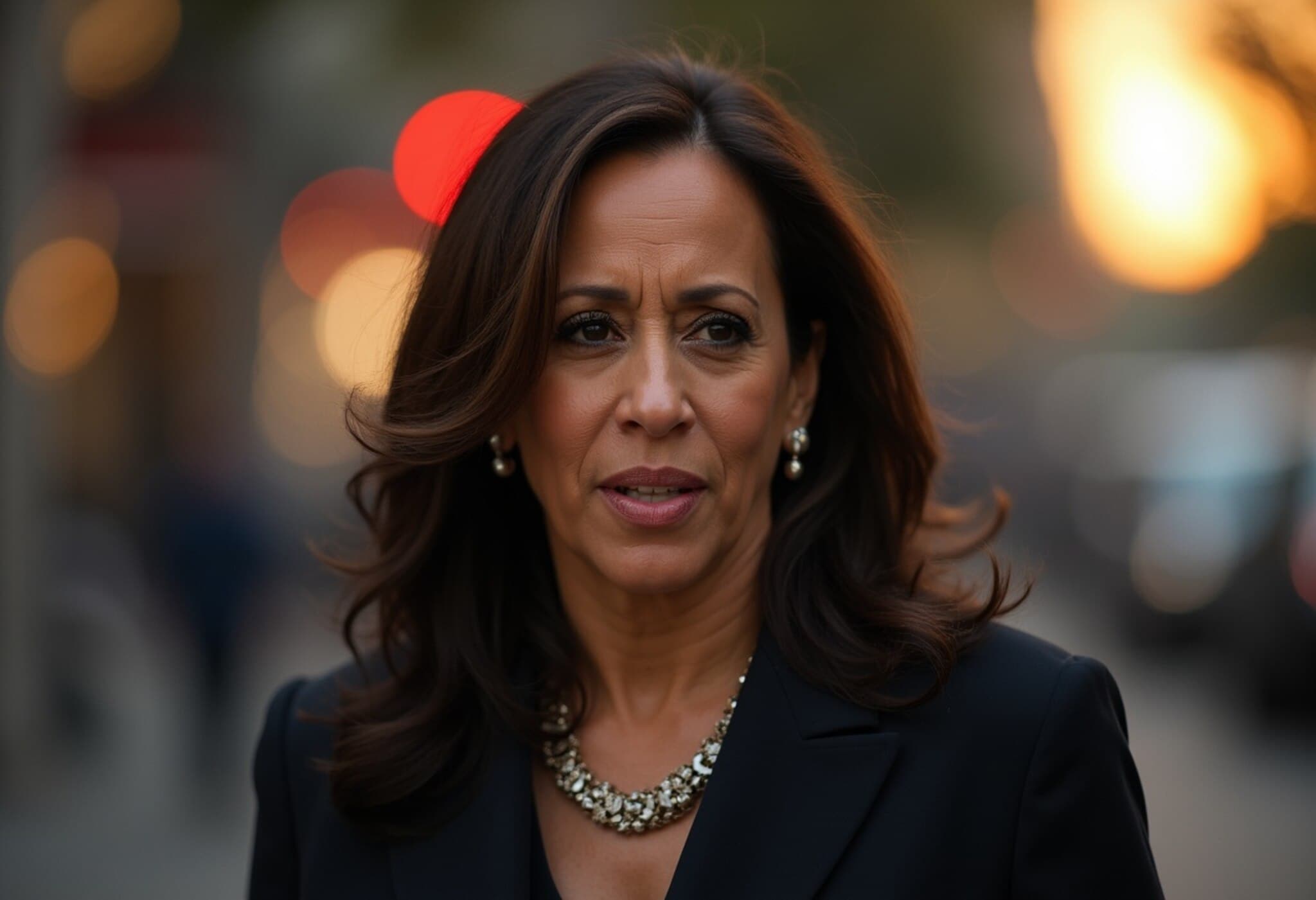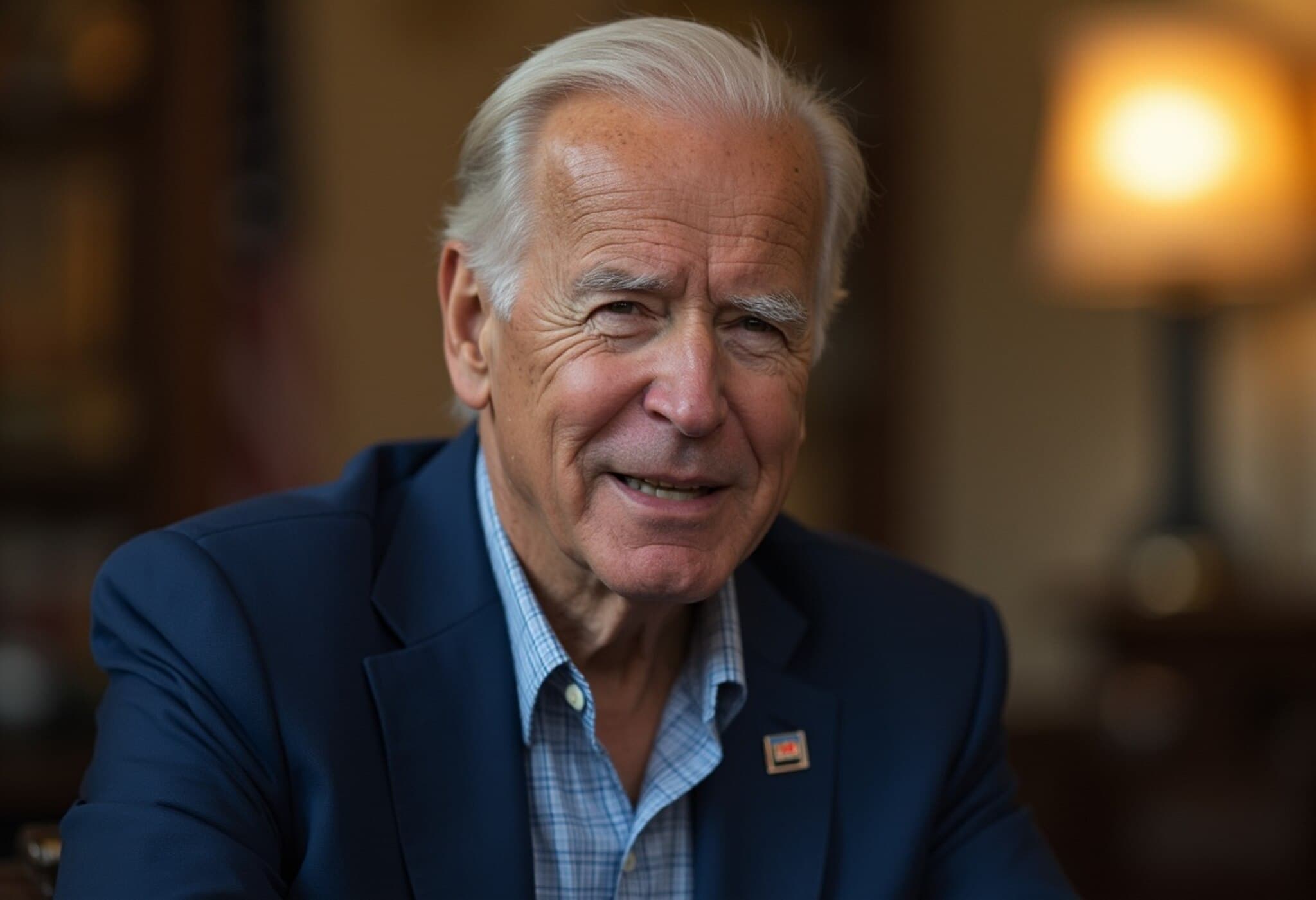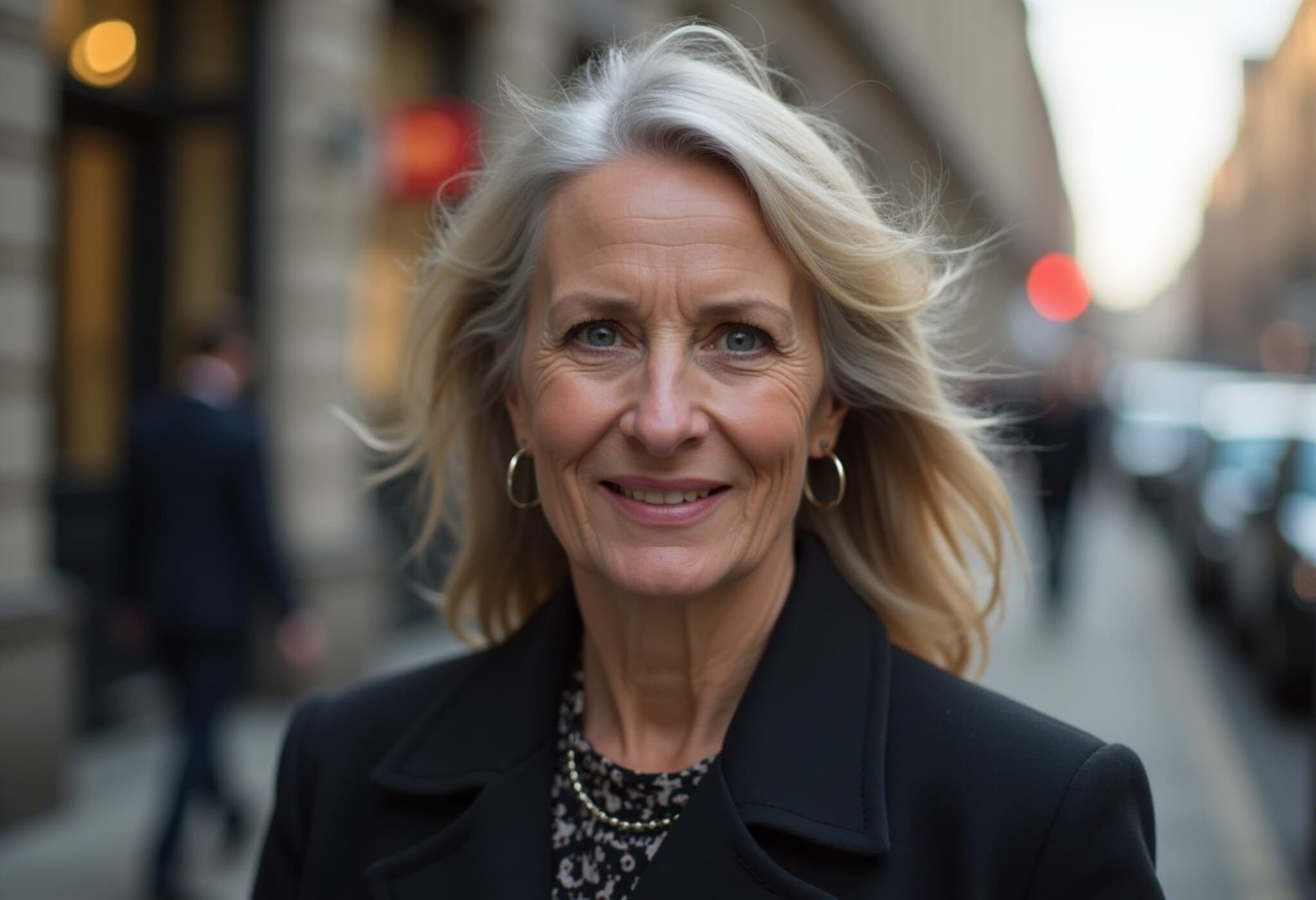Hunter Biden’s Bold and Profane Critique of the Democratic Establishment
In an unfiltered and emotionally charged series of interviews, Hunter Biden, son of President Joe Biden, delivered a scathing appraisal of the Democratic Party and its key figures, blaming them for his father’s unexpected loss in the 2024 presidential election. These candid discussions, spanning more than four hours across two popular podcasts, reveal a man wrestling publicly with personal and political grievances, shedding light on internal party tensions rarely aired so openly.
A Reckoning With the Party’s Inner Circle
Hunter Biden’s commentary targeted an extensive list of party stalwarts, including former Obama aides, campaign strategists, media personalities, and even Hollywood liberals. From dismissing veteran political advisors like David Axelrod and James Carville—with claims that Axelrod’s successes hinged on former President Obama and that Carville has been out of relevance for decades—to labeling the hosts of Pod Save America merely as affluent beneficiaries of their Obama connections, his critiques cut deep.
Highlighting possible motivations rooted in financial gain and political expediency, Hunter accused senior Democratic aide Anita Dunn of amassing millions from party engagements. Even actor George Clooney was not spared; Hunter suggested Clooney's criticisms of the Biden campaign reflected an out-of-touch celebrity brand, disconnected from everyday Americans.
Among his most biting rebukes was journalist Jake Tapper, whom Hunter derided for wielding minimal influence despite Tapper’s prominent media presence.
Contextualizing Hunter’s Frustrations
These comments come against a backdrop of Hunter Biden’s complex and widely publicized personal struggles, including a controversial pardon issued by President Joe Biden shortly before leaving office, which sparked bipartisan debate about political privilege and elite immunity.
Hunter himself spoke candidly about the toll of the 2024 campaign on his father’s health and demeanor, noting President Biden’s use of Ambien to manage fatigue during a demanding travel schedule—an explanation offered to contextualize the president’s widely scrutinized debate performance.
Dispelling Persistent Rumors
Notably, Hunter firmly denied allegations revived recently by right-wing critics regarding drug possession in the White House. He underscored his sobriety since mid-2019, publicly challenging unfounded rumors and emphasizing the responsibility that comes with his family’s public life. These denials come amid ongoing investigations and politically charged speculation that continue to fuel partisan narratives.
Implications for the Democratic Party and U.S. Politics
Hunter Biden’s outspoken and often profane reflections underscore the growing fissures within the Democratic coalition—highlighting frustrations over loyalty, media narratives, and leadership choices. His comments prompt vital questions about party unity, the role of political strategists and media operatives, and the influence of celebrity endorsements in shaping electoral outcomes.
In a broader sense, this public airing of grievances by a figure so intimately connected to the presidency challenges the often polished and curated nature of political messaging. It reveals a raw, human dimension to political fallout and introspection following a landmark election.
Editor’s Note
Hunter Biden’s remarks open a rare window into the Democratic Party’s internal challenges and the personal toll of national politics on prominent families. His candidness invites readers to consider the complex interplay of loyalty, media influence, and political strategy while reflecting on how personal narratives shape public perception. As the party looks ahead, embracing transparent dialogue about these ruptures may prove essential in rebuilding trust and cohesion.

